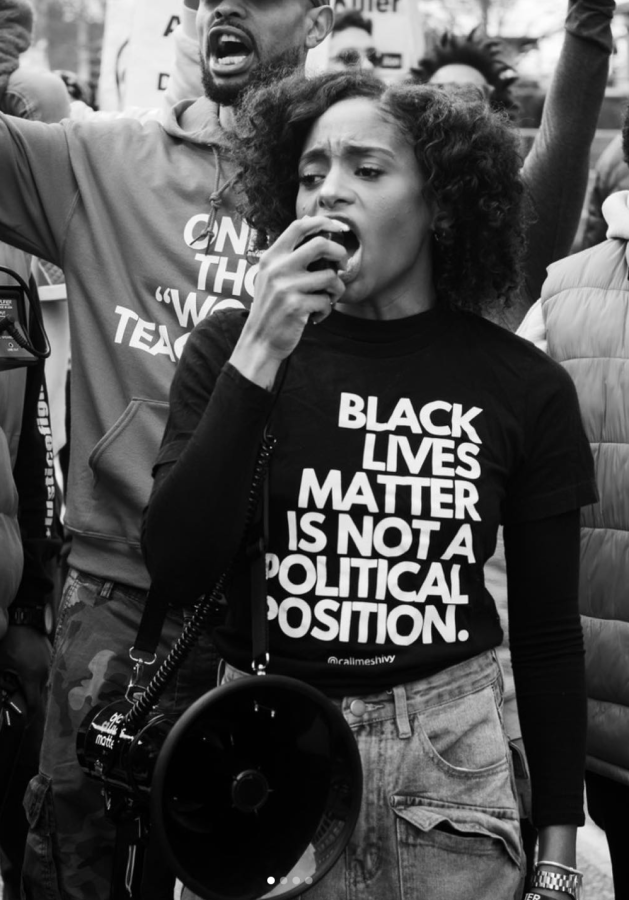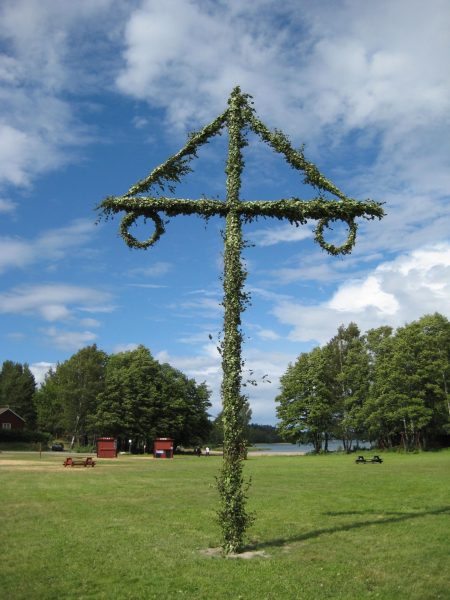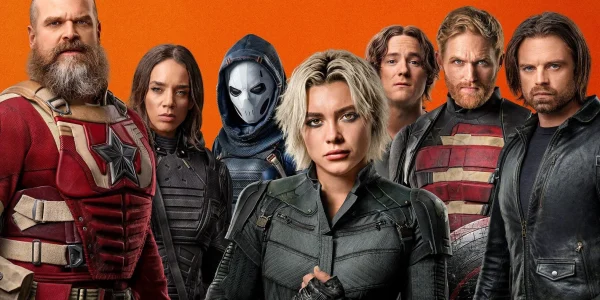The historical problem with policing in the United States
February 10, 2023
The country watched yet another Black man brutally beaten to death by police on Jan. 27. Tyre Nichols, a 29-year-old man from Memphis, was pulled over for a routine traffic stop that soon turned violent and ultimately resulted in his untimely death. For many, Nichols’ death, while extremely horrifying to watch was, unfortunately, not surprising. After all, the sixth leading cause of death among men is police, and Black men are much more likely to be targeted.
Perhaps the most tormenting fact of Nichols’ death, which deviates from recent forms of police brutality, is that the six officers charged in his murder were the same skin color as him. While it is easy for those who don’t fear the police to be able to chalk this up as “a few bad apples” or even go so far as to say the killing wasn’t racially motivated, Nichols’ death illustrates a system that does exactly what it was designed to do.
This may seem like an overreaching, outrageous assumption, however, to fully understand this fact, all one needs is a history lesson. Before the Civil War, slave patrols were created to ensure the economic status quo would return runaway slaves and quell any riots or insurgencies. After the Civil War and the ratification of the 13th Amendment, freed slaves left their plantations in search of a new life, but this search was cut short when plantation owners, in need of profitable labor, used the law to their benefit by outlawing homelessness. Branded as lazy vagrants, freed slaves were arrested indiscriminately, and as punishment for their so-called crimes, they were returned to the same plantation they fought so desperately to leave. In fact, the Freedmen’s Bureau, tasked with helping assimilate former slaves into freedom, would authorize some of these patrols.
This historic example not only shows how the United States has profited off of the criminalization of people of color but also shows how solutions provided by the oppressive system were never designed to work. In James Baldwin’s “Notes of a Native Son,” he describes his experiences growing up in Harlem with the police. “In Harlem, Negro policemen are feared more than whites, for they have more to prove and fewer ways to prove it,” Baldwin writes. Some 30 years after the publication of Baldwin’s essays, his sentiments are echoed again by one of the most influential hip-hop groups in the genre’s history, N.W.A. Perhaps considered their most popular album, “Straight Outta Compton,” one of the songs details a similar opinion to Baldwin. Ice Cube raps, “But don’t let it be a Black and a white one/’Cause they’ll slam ya down to the street top/Black police showing out for the white cop,” on “F*ck tha Police.” These systemic critiques have been echoed by an entire community for decades and have been continuously ignored.
And so thirty years after Ice cube’s verse, we are left with Tyre Nichols’ death. In light of this tragedy, Mayor Eric Adams’ reiterated his pro-police stance. He stated, “We should have every sorority, fraternity, every church, every civil civic group, NAACP—let’s find our best and our brightest and say public protection is crucial to our communities, and it must be done right.” Calls to diversify the police force have been amplified due to past instances of police brutality, but Nichols’ death paints a grim reality that many don’t want to face. Black people make up 65 percent of Memphis’ population, and 58 percent of its police force. Diversifying an institution built on anti-Black principles will not solve systemic oppression.
James Baldwin has another quote that accurately describes our reality, stating that “History is not the past. It is the present. We carry our history with us. We are our history. If we pretend otherwise, we are literally criminals.” There is no possible justification as to Tyre Nichol’s death, nor is there any explanation as to why Baldwin’s words resonate so deeply in the twenty-first century. However, we can look at our history and see that the system is doing precisely what it was designed to do. The 13th amendment still allows involuntary servitude as punishment, and the prison system is still made up of disproportionately Black and brown men. Systemic so-called solutions will do nothing but continue the cycle of oppression and encourage us to forget our history.












